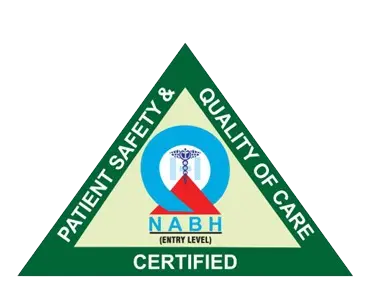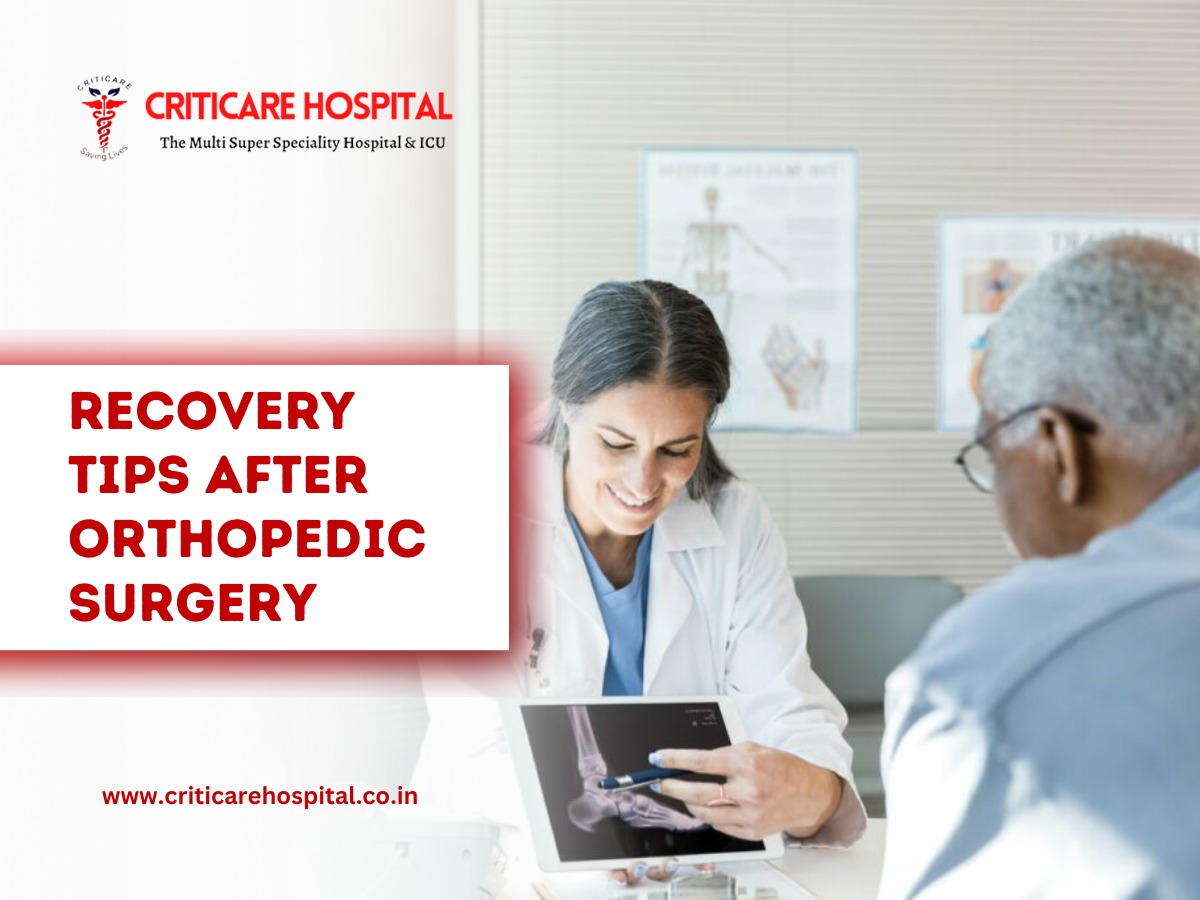Orthopedic surgeries require a significant amount of time in recovery whether it is a joint replacement, fractures, or repairs of soft tissues.
To ensure that the surgical area heals entirely and optimal recovery takes place, proper post-operative care is required by the patient from the health care providers of Best Orthopedic Hospital in Lucknow, that help them regain their body strength and functions.
In this blog, you will learn about some of the most common recovery tips that help the person regain strength and mobility after orthopedic surgery.
What Does Orthopedic Surgery Recovery Means?
Orthopedic surgery involves surgical procedures that are performed to treat the conditions affecting musculoskeletal systems. This includes bones, joints, ligaments, and tendons. Some of the most common orthopedic surgery involves.
- Joint replacement
- Soft tissue repair
- Fracture repair
After the surgery, the recovery process depends upon the type of surgery and any complications faced during the surgery. Other than this patient’s age, health, recovery speed, and duration of post-operative care also impact the level and speed of recovery.
What are the Recovery Tips After Orthopedic Surgery?
Recovery depends on various factors, some are related to the individual body while others are related to post-surgery care provided by the healthcare providers.
1. Follow your Surgeon’s Instructions:
After the surgery follow your surgeon’s instructions related to wound care, medication schedule, and activity restriction. Don’t do or consume anything by yourself as it can be hazardous to your health. Clear all your doubts from your surgeon and address all your concerns promptly.
2. Manage Pain Effectively
During the first week after the surgery, you may feel a lot of discomfort and pain, to get relief from it, take the necessary medication prescribed by the surgeon along with the dosage. Give your body and mind full rest and avoid strenuous activities.
3. Practice Proper Wound care:
Keep your first aid kit clean and stoked with necessary ointments and bandages. Sanitize the equipment after using it and keep it in an airtight box to prevent the medicines and ointment from air contamination. Follow the wound care routine prescribed by your healthcare provider, and update them, if you experience any change or infection such as redness, swelling, or discharge so that quick treatment can be done.
4. Use Assistive Devices and Mobility Aids.
As per the prescription, use assistive devices such as crutches, walkers, or braces to support mobility. Do not put pressure or weight on the operated limb too soon as it may disrupt the healing process. Strictly follow the weight-bearing instructions given by your healthcare provider from the Best Private Hospital in Lucknow to avoid any further injury.
5. Performa Physical Exercise
Certain weeks after surgery start performing exercise so that you can regain your bodily strength and mobility. With the help of physiotherapists attend PT sessions for restoring muscle flexibility and bone strength. Avoid outdoor exercises, but go for indoor ones to promote healing.
6. Gradually Increase Activity levels
After consistently performing easy exercise, try to increase your activity level after consulting with your healthcare provider. Do not put a lot of strain and pressure on your operated limb as it may again damage the recovered area. Recovery is a slow process hence try to stay patient and trust the process.
7. Maintain a healthy diet
Give your muscles and body the necessary nutrients and protein to heal your muscles and bones internally and fast. Eat food rich in protein, calcium, and iron that helps you to regain your muscle strength. Based on your doctor’s prescription, you can take the necessary supplements to fulfill the body’s needs. Along with a rich diet keep drinking water
8. Quit smoking and limit alcohol consumption
If you are addicted to alcohol and smoking then kindly avoid it, otherwise, it will worsen your health and delay the recovery process. Quitting smoking and even avoiding alcohol consumption can positively impact your health and support fast recovery.
9. Take Enough Sleep and Rest
Compared to normal human beings, an individual who went through an orthopedic surgery should rest more and sleep 10 hours a day. This will help the body to recover slowly and gradually.
Conclusion
In conclusion, recovering from orthopedic surgery involves a lot of care and attention to your body. You need to make necessary lifestyle changes to promote fast recovery and healing. You need to rest more and eat a healthy diet rich in vitamins, proteins, calcium, and minerals to keep providing energy to your body. Openly communicate with your healthcare provider about the discomfort you are facing or any type of changes you are experiencing. Doctors will promptly address your queries and will provide you with the necessary treatment.




